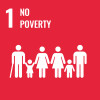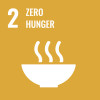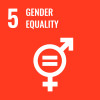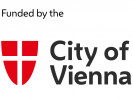One Woman – One Farm
Improving incomes of women in rural areas in the region Centre Nord
This project supports women in rural areas of Burkina Faso to sustainably improve their living conditions. Through agricultural training they gain opportunities for economic independence while simultaneously strengthening their communities. Learn more about how empowering women can transform an entire region!
Background and needs
In association with agriculture, rural households practice livestock farming, particularly short term farming including goat and pigs. However, a lack of technical support from production and animal health specialists is hampering the development of this sector, particularly in rural areas at risk of poverty such as the rural communes of Korsimoro, Kaya and Boussouma, in the region of Centre Nord in Burkina Faso. In addition, the reduction in agropastoral land due to the country's security situation exacerbates stubble farming and poverty, which in turn increases women's vulnerability. It is in this context that this project has been set up, with the aim of contributing to the development of the rural sector through the promotion of short-cycle livestock breeding by women.
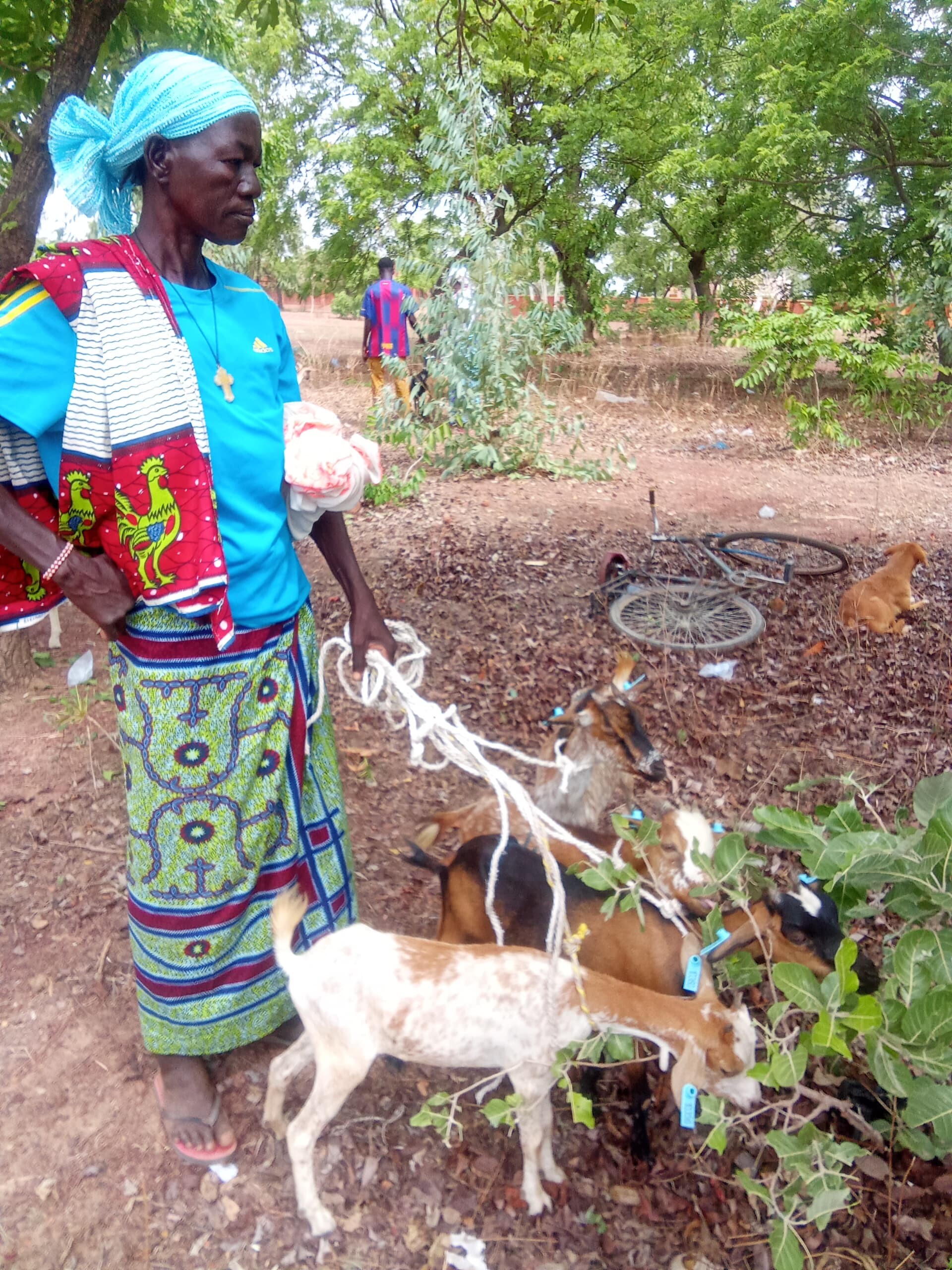
Impact
The project will have a significant socio-economic and environmental impact on the region of Centre nord and the concerned commune. In social terms, it will improve the social cohesion of the beneficiaries as they will collaborate during the project and make a donation to other women. On an economic mater, their income will increase, as they will be able to sell the product of their farm including meat and milk for the goat. Finally, in environmental terms, animal excrement can be used as fertilizer to fertilize soil for agriculture.
*The content of this publication has not been approved by the United Nations and does not reflect the views of the United Nations or its officials or Member States.

